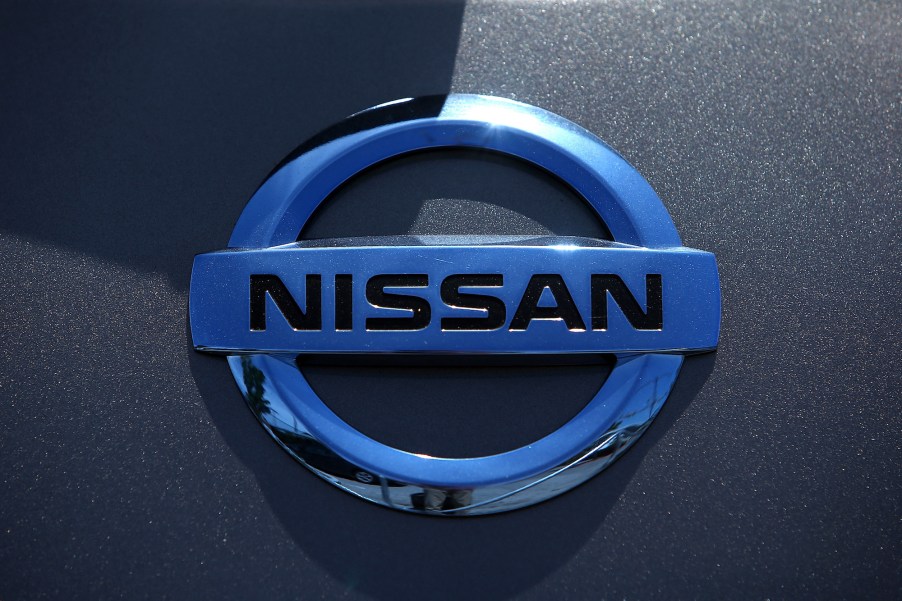
Nissan Might Be the Most Vegan-Friendly Car Brand Around
Dedicated vegans avoid eating meat and dairy products, and they don’t visit zoos. People who embrace an all-plant philosophy also don’t wear fur, wool, silk, and leather. However, it’s impossible to purchase a car not made with any animal products. But so far, Nissan seems to make the most vegan-friendly cars around.
The zero-emissions Nissan Leaf and Leaf e+

Touted by LiveKindly as a relatively vegan-friendly ride, the sleek and sporty Nissan Leaf leads the way in all-electric car options. With a range of up to 168 miles of city commuting and close to 240 miles on the open road per charge, the Leaf also boasts B and Eco modes that provide regenerative braking to help charge the battery while you’re traveling.
In 2019, the eco-friendly Nissan Leaf was named Car of the Year by reviewers at Stuff magazine, Nissan announced. Lauding the Leaf’s pioneering vision for an emissions-free, all-electric future, Stuff’s editor-in-chief, James Day, exclaimed:
“Nissan’s Leaf has been a trailblazer for electric vehicles ever since its inception, and the latest model comes packed with a number of smart driver aids that guarantee massive grins when getting from A to B.”
Stuff’s previous Car of the Year winners include the Tesla Model X and the Jaguar I-Pace.
Charging, simplified
Nissan hasn’t made a totally vegan vehicle yet, but the company has made it easy to charge the no-emissions Leaf electric car. Compatible with Android and iPhone, the NissanConnect in-dash infotainment screen included in every Leaf provides a real-time estimated driving range map and up-to-the-minute info about energy consumption and where to find nearby charging stations. Once hooked up to a charger or plugged into a wall, the Nissan Leaf refills its battery in practically record time.
The NissanConnect web portal and phone apps provide much of the same information as the dashboard, along with a detailed rundown of CO2 savings, miles traveled, and battery status. There is a vehicle-locator function, too. NissanConnect is especially valuable to first-time EV owners, PC Magazine reports.
Nissan is poised to roll out an even more vegan-friendly car
Vegan futurists will be pleased to know that Nissan pledges to outfit its entire lineup with cruelty-free vegan leather seats by 2022, said company design director, Giovanny Arroba who revealed the 2022 Nissan IMs concept car at the North American International Auto Show in 2019. Arroba told Rubber & Plastic News that vegan leather won’t compromise the brand’s luxury feel:
“We wanted to get a premium feeling, and that’s usually always leather. We captured that, I think, with a synthetic version.”
Eco-conscious driving and vegan-friendlier cars
Every car on the road today contains a portion of animal byproducts, some of which are more conspicuous than others. Luxurious leather interiors are an obvious use of animals, but they’re not the only car components that may exploit animals. Tires, for instance, are typically made with stearic acid from cows to aid vulcanization and build stronger tires.
Floor mats are often made of mohair, and the steel used to form auto chassis is moved through factories with beef tallow as a lubricant. Nissan is doing its best to ease away from animal exploitation in its manufacturing processes, but LED screens, such as those found in the Nissan Leaf and other eco-conscious cars, are made with animal cholesterol.
So what are vegans to do? They can practice eco-friendly driving. Here are a few suggestions from Mother Earth Living:
- Carpool as often as you can
- Drive an electric car
- Drive with a light foot, and don’t make “jackrabbit” starts
- Keep your tires properly inflated
- Make a habit of regular maintenance
- Plan a circuit of errands before you go
Small changes in your driving habits today can go a long way toward conserving natural resources and keeping the skies above Planet Earth clean for generations to come.


